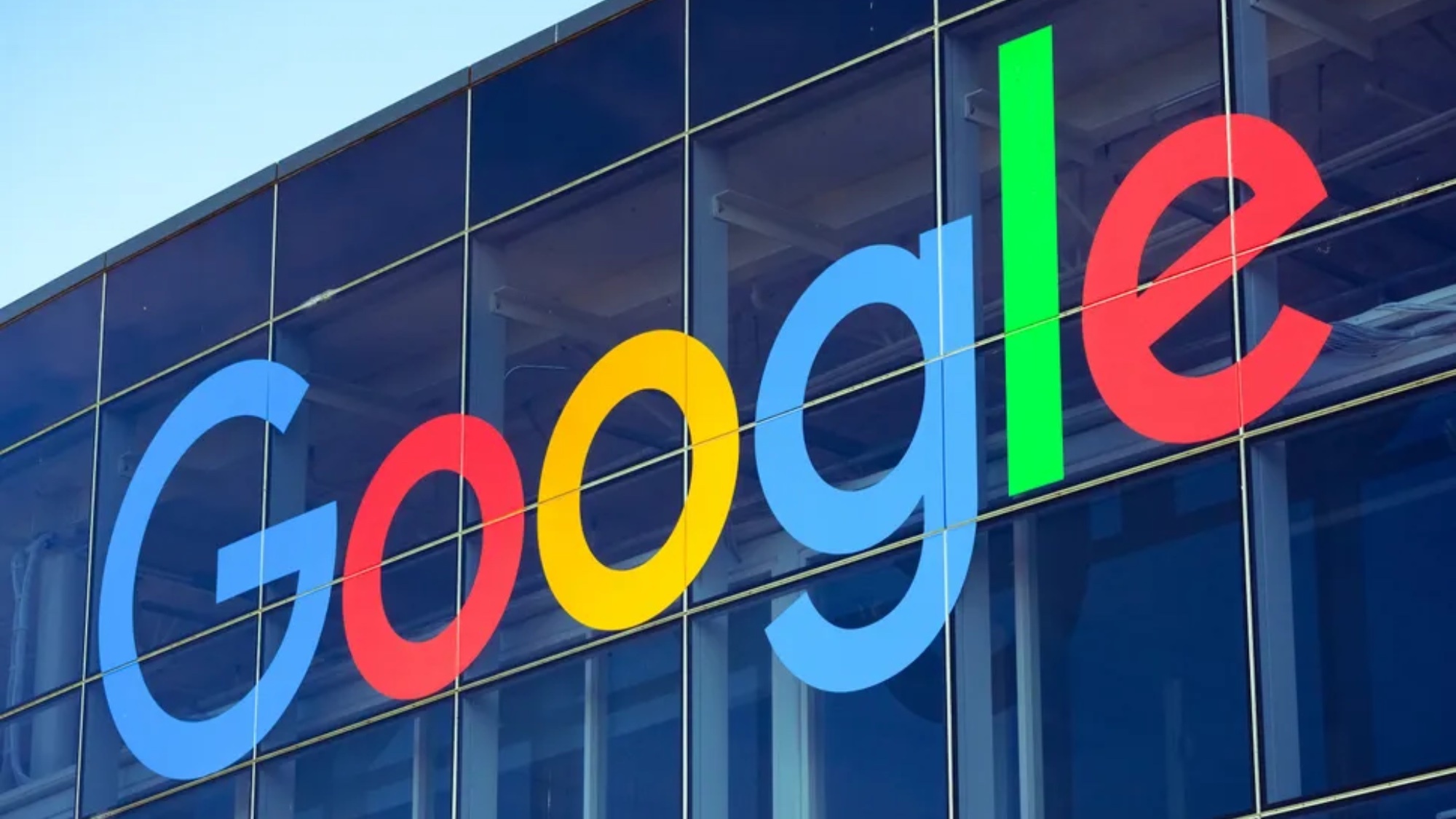
Recently Meta announced that it will be ending its fact-checking program on social media, instead relying on users to do that job for them — much like Community Notes on Twitter/X. Now Google (via Axios) has apparently decided fact-checking is optional as well, and won’t be complying with an upcoming fact-checking law in the EU.
It’s worth pointing out that Google has never actually offered any fact-checking services. So this is essentially just business as usual for the search giant. According to a letter acquired by Axios, it has privately signaled to EU lawmakers that it won’t be changing its practices, despite the pressure of upcoming legislation.
Originally this fact-checking requirement was implemented by the European Commission as a voluntary set of “self-regulatory standards to fight disinformation” — called the Code of practice on Disinformation. However they are set to become mandatory in the future, as part of the Digital Services Act (DSA).
[Google] has privately signaled to EU lawmakers that it won’t be changing its practices, despite the pressure of upcoming legislation.
via Axios
These rules would force Google to incorporate fact-checked results in search and on YouTube. The algorithm would also need to be changed to incorporate fact-checking into Google’s ranking system — presumably so sites with a history of misinformation get deprioritized compared to those that stick to the facts.
The letter came from Google’s global affairs president Kent Walker, informing the Commission that it does not intend to comply with the rules. In fact, Google will pull out of all fact-checking commitments in the Code before it becomes a DSA Code of Conduct. Because, apparently, fact-checking integration "simply isn't appropriate or effective for [their] services"
Instead Google will double down on its current content moderation practices, which is less about correcting misinformation and more about giving them more information. Those methods include Synth ID watermarking and AI disclosure on YouTube videos, as well as the site’s new user-generated contextual notes feature — something Walker claims has “significant potential”.
We don’t know what the EU’s response to this letter is right now, but I can’t see Google’s decision going down very well. As we’ve seen over the past several years the EU is not afraid to try and hold tech companies accountable for breaking the law. So we’ll have to wait and see how this plays out. Popcorn buckets at the ready.







